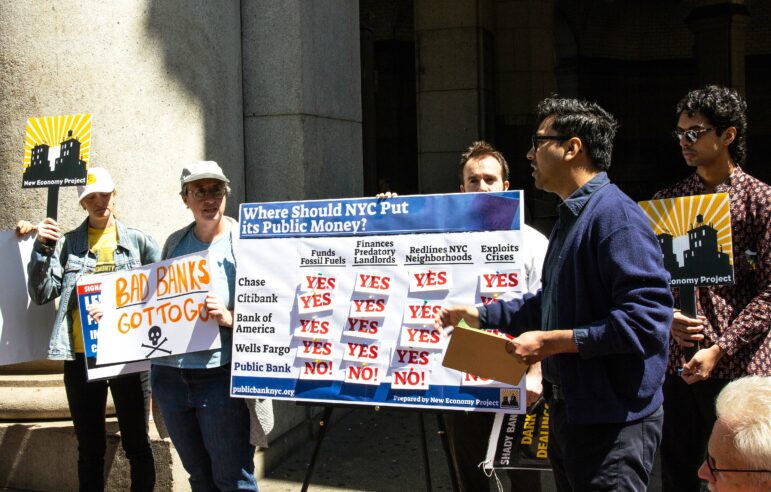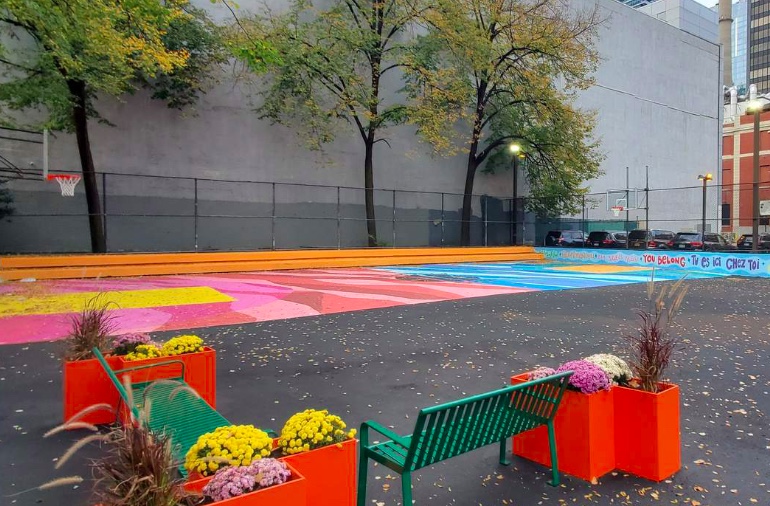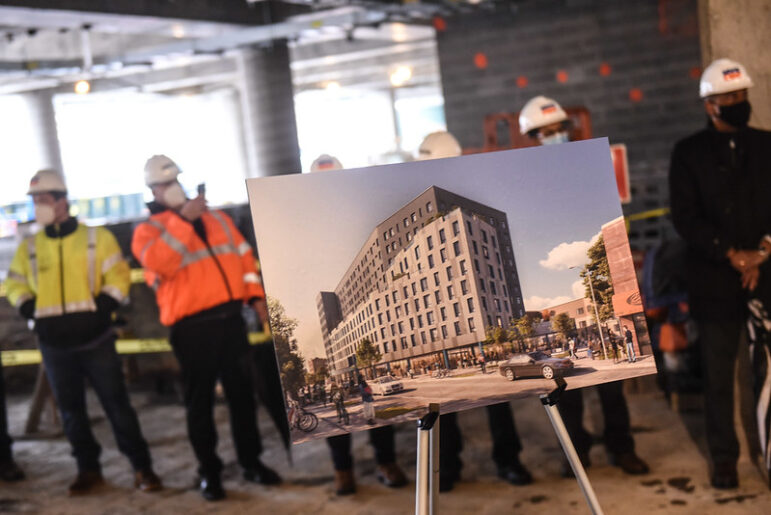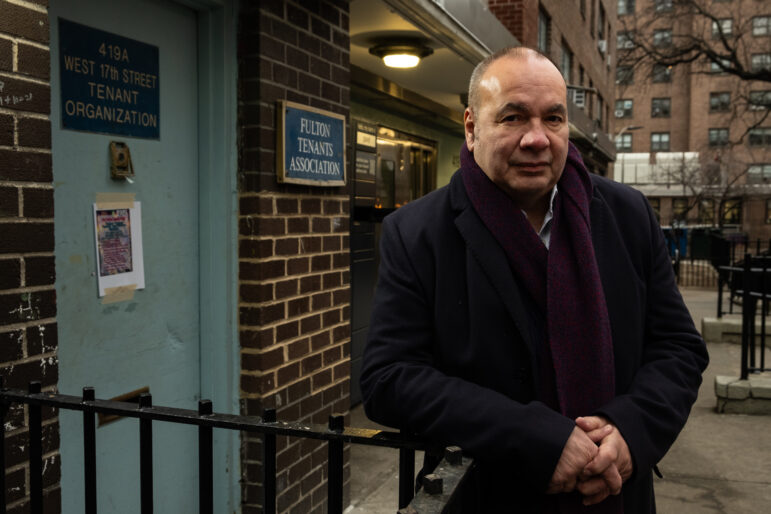The numbers just don’t add up, and the situation is getting worse, says Audrey Griffin.
The building whose cooperative board she heads, 100-106 West 141st Street, pulls in only $20,000 a month in income, half of what it needs to pay its bills. Most of her neighbors are elderly retirees who live on small pensions and don’t always pay all their rent, she explains. And for years since the 52-unit building went co-op in 1987, she and the other board members have struggled to figure out how to evict nonpaying tenants and fill vacant apartments with more responsible residents.
“People were poorly educated to the fact that they were running a business,” Griffin says. “It would have worked better with more training and a regulatory body.”
All that time of figuring things out on their own cost them. Over the past five years, Griffin’s co-op has run up a $70,000 tab in legal fees while successfully evicting only nine of the problem tenants (They’re currently in court with another four.)
That’s money that could have gone toward making needed repairs. Instead, water pipes burst, the boiler broke, fires started from fallen cigarettes and candles, and the front steps collapsed. All this while the management company walked off with $40,000 the board couldn’t spare. (They ultimately fired the company.)
To fix the place up, the co-op board, led by Griffin, turned to funds set aside for paying taxes and water and sewage charges, and in the last couple of years, conditions have certainly improved. The board hired a security company to get out drug dealers who ruled the hallways.
The building’s debt, however, has only gotten worse: Now at $100,000, Griffin sees no way to pay it off.
Unfortunately, this dilemma is not unique to this West Harlem building. Across the city, tenant-run cooperatives face tremendous debt and the threat of losing their homes to foreclosure. According to the Urban Homesteading Assistance Board (UHAB), 150 of the city’s 884 Housing Development Fund Company cooperatives, or HDFCs, are in financial distress, owing at least $2,500 per apartment in back taxes and water charges. That translates to a current total of $32 million in unpaid city taxes and water and sewer charges. And with interest and penalties continually accruing-18 percent and 5 percent per year respectively-these debts only continue to grow. Four years ago, three HDFCs were forced to foreclose, and as many as 15 more are quickly approaching the same fate.
Recognizing some of the financial problems, the city has made changes to the program over the years, approving a partial tax exemption in 1989. But still, low-income co-ops have wound up in the very predicament that the city tried to remedy by creating the program 20 years ago. Mired in a housing abandonment crisis in the early 1980s, the Department of Housing Preservation and Development (HPD) wanted to rid itself of tax-defaulted properties and get them back on the tax rolls. UHAB and other community-based organizations made a suggestion: Use these properties to create affordable housing.
So in 1980, HPD began selling its buildings to tenants as low-income cooperatives, for $250 an apartment. Today, more than 19,000 formerly city-owned apartments are part of tenant cooperatives.
To try to address some of their financial problems, state Assemblymember Vito Lopez recently introduced a bill that would forgive the $20 million in tax arrears that now plague the city’s troubled HDFCs. He is also lobbying for the state to write off the additional $12 million in unpaid water and sewer bills.
“Many of these people were never prepared to move from tenants to owners,” says Lopez. “Now they’re in a very serious position and need help.”
Officials at HPD support the bill and hope it can help diminish the burden these buildings have placed on the city. Under the bill, every co-op benefiting from the tax relief would have to sign a 30-year regulatory agreement promising to give the city annual financial statements, and to allow HPD to take over its board if the building continues to struggle.
To help co-ops, the city has said it will increase management training.
In late April, the bill’s fate was unclear. Lopez says he has the Assembly’s support, and state Senator Pedro Espada of the Bronx had agreed to introduce it in the Senate.
The bill’s importance, however, is obvious. “These HDFCs are the backbone of the neighborhood revitalization in Harlem, Williamsburg and the Bronx,” says Ann Henderson of UHAB. “They stayed when everyone else left. It’s not right to take their buildings away.”
Judith Matloff is a Manhattan-based freelance writer.








